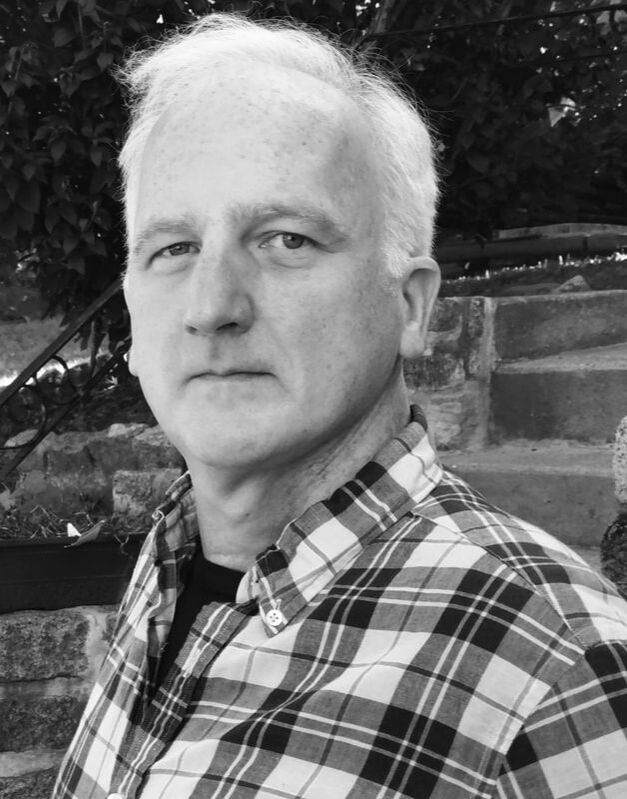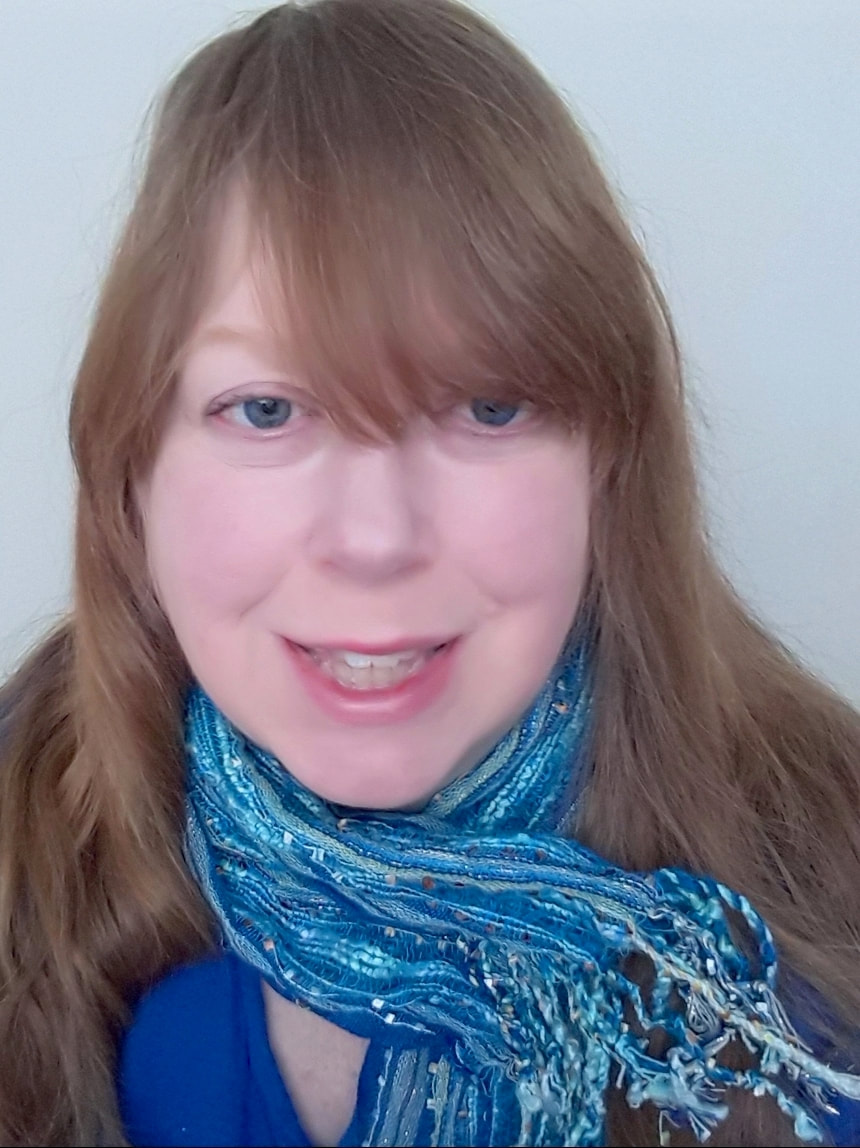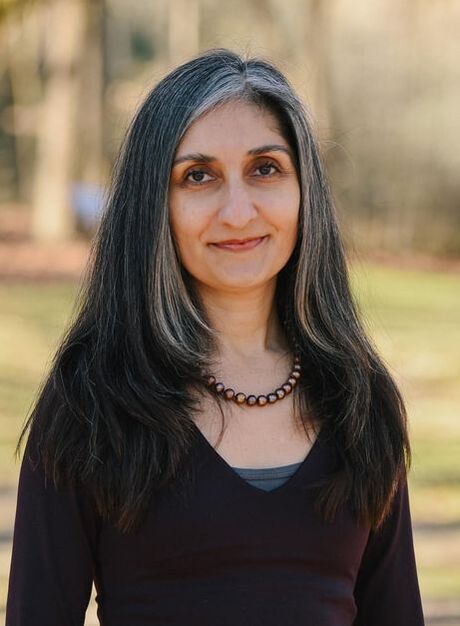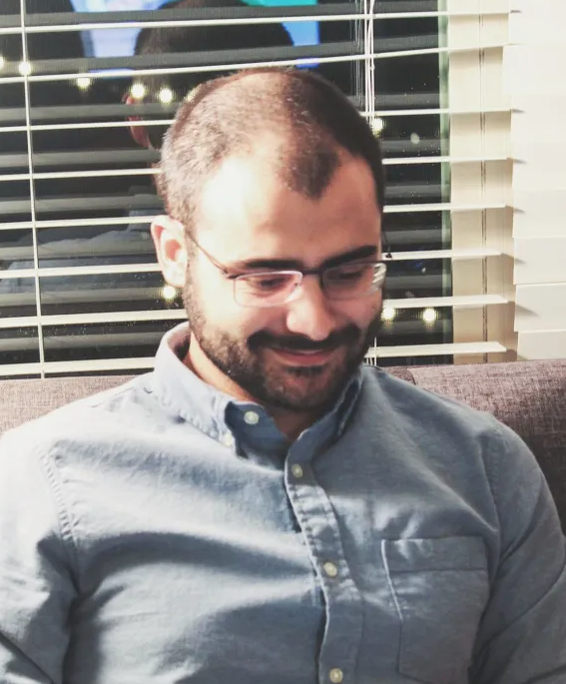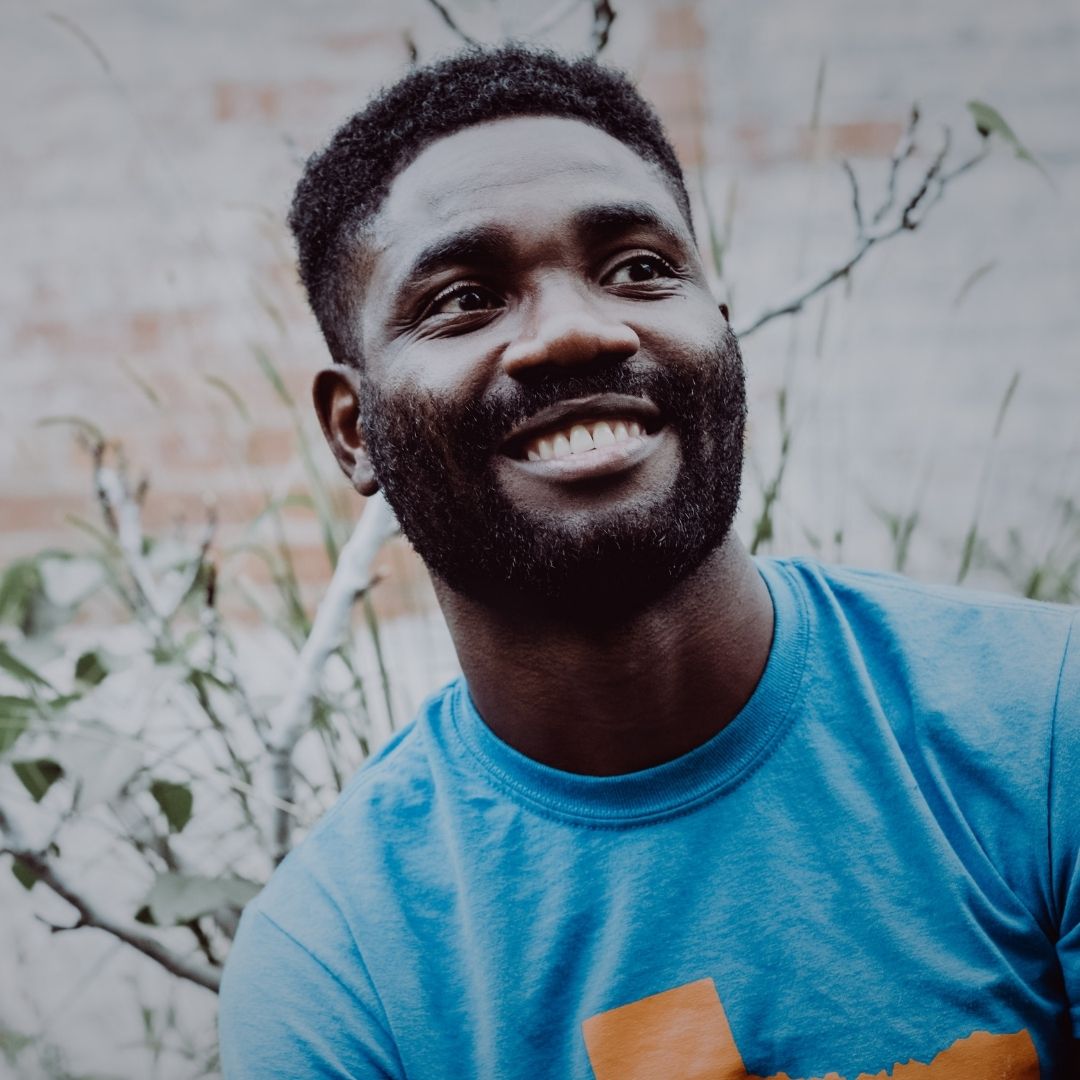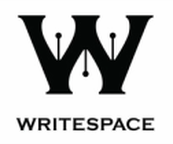The Writefest Workshop
Online via Zoom
The Writefest Workshop will take place via Zoom Friday, April 29th, from 9:00am -5:00pm CST. The Writefest Workshop is an advanced, in-depth workshop for writers seeking to level up their writing, taught by successful authors who are experts in their craft. There is no application requirement. The Writefest Workshop is first-come, first-served. Your ticket includes:
Tentative Friday schedule:
9:00 - 10:00am CST: Keynote by Mahogany Browne
10:00 - 2:00pm CST: Workshops by Genre
2:30 - 4:30pm CST: Submission workshop (Co-taught by Tayyba Maya Kanwal and Kendra Preston Leonard)
Scholarships: One scholarship spot is available for each class. To be considered, please apply on the Writespace website and indicate which workshop you are interested in. Scholarship recipients receive 50% off the cost of registration.
Student Discounts: STUDENTSROCK - 50% off a Writefest weekend ticket OR 25% off a workshop
Teacher Discounts: TEACHERSROCK - 35% off a Writefest weekend ticket OR 15% off a workshop
Tentative Friday schedule:
9:00 - 10:00am CST: Keynote by Mahogany Browne
10:00 - 2:00pm CST: Workshops by Genre
2:30 - 4:30pm CST: Submission workshop (Co-taught by Tayyba Maya Kanwal and Kendra Preston Leonard)
Scholarships: One scholarship spot is available for each class. To be considered, please apply on the Writespace website and indicate which workshop you are interested in. Scholarship recipients receive 50% off the cost of registration.
Student Discounts: STUDENTSROCK - 50% off a Writefest weekend ticket OR 25% off a workshop
Teacher Discounts: TEACHERSROCK - 35% off a Writefest weekend ticket OR 15% off a workshop
Fiction
Taught by Thomas H. McNeely
In this workshop, we will learn techniques to revise and develop new work. Students will submit up to five pages of fiction. At the beginning of our workshop, we will offer suggestions for improvement and development of this work. We will then discuss fundamental issues of craft that can create new possibilities for our writing - point of view, plotting, backstory, tone, specificity of detail, and showing vs. telling. Students will have time to work on revising the beginning of their five pages, continuing their stories, or starting new ones. We will then read and discuss this new work at the end of class.
|
An East Side Houston native, Thomas H. McNeely is the author of the forthcoming story collection Pictures of the Shark: Stories (Texas Review Press) and the novel Ghost Horse (Gival Press). His short stories and non-fiction have appeared in The Atlantic, Texas Monthly, Ploughshares, and many other magazines and anthologies. He has received National Endowment for the Arts, Wallace Stegner, and MacDowell Colony fellowships for his fiction. His first book, Ghost Horse, won the Gival Press Novel Award and was shortlisted for the William Saroyan International Prize in Writing. He currently teaches in the Stanford Online Writing Studio and at Emerson College, Boston.
|
Flash Fiction
Taught by Kathryn Kulpa
Flash fiction has a lot to say, but it does it without a lot of words. Flash and micro fiction tell a complete story in up to 1000 words—sometimes in 100 words or less. In this one-day intensive workshop, we will look at examples of amazing flash fiction by some of today’s masters of the form, including Kathy Fish, Sarah Freligh, Frankie MacMillan, and George Saunders. We’ll practice using loaded images, suggestion, and compression to make the shortest stories sing. This generative workshop includes in-class writing and discussion of student work.
For this class, you may submit a flash fiction piece in advance, but it is not required.
For this class, you may submit a flash fiction piece in advance, but it is not required.
|
Kathryn Kulpa is a New England-based writer and editor with stories in Atticus Review, Flash Frog, Lost Balloon, Monkeybicycle, Pithead Chapel, Smokelong Quarterly, and Wigleaf. Her chapbook Girls on Film was a winner of the Vella Chapbook Contest, and her work was included in Best Microfiction 2020 and 2021 and has been nominated for Best Small Fictions. She is senior flash editor at Cleaver magazine.
|
Memoir & Personal Essay
Taught by Anjali Enjeti
How to Write and Sell a Personal Essay
The personal essay has evolved substantially over the years into myriad forms. It can include everything from prose poems to braided essays to reported essays to flash essays to memoir. In this class, we'll explore various kinds of personal essays, figure out how to determine the essay's lesson or message, and learn how to pitch essays successfully to publications. Attendees can bring either a page of an essay to workshop or a pitch for an essay. I'll also make suggestions about specific publications particularly interested in receiving essays from newer writers.
The personal essay has evolved substantially over the years into myriad forms. It can include everything from prose poems to braided essays to reported essays to flash essays to memoir. In this class, we'll explore various kinds of personal essays, figure out how to determine the essay's lesson or message, and learn how to pitch essays successfully to publications. Attendees can bring either a page of an essay to workshop or a pitch for an essay. I'll also make suggestions about specific publications particularly interested in receiving essays from newer writers.
|
Anjali Enjeti is a former attorney, organizer, and award-winning journalist based near Atlanta. She is the author of the critically-acclaimed books Southbound: Essays on Identity, Inheritance, and Social Change, and The Parted Earth. Her other writing has appeared in Oxford American, The Bitter Southerner, Poets & Writers, Harper’s Bazaar, the Atlanta Journal-Constitution, Publisher’s Weekly, and elsewhere. A former board member of the National Book Critics circle, she teaches in the MFA program at Reinhardt University.
|
Science Fiction & Fantasy
Taught by Eugene Fischer
Science fiction and fantasy stories can go anywhere, from anti-matter galaxies at the edge of our universe to enchanted cities sparkling in universes as yet unimagined. But to bring readers along, these stories must also effectively deploy the tools of prose fiction. In this workshop, we’ll discuss your works-in-progress constructively, identifying the artistic and speculative goals visible on the page, and analyzing how elements like character, setting, and exposition are working to further those goals. Come sharpen your own narrative skills by offering useful feedback to others, and gain invaluable insight about where readers think your writing shines, and where it can be improved.
For this workshop, participants can submit short stories or excerpts (complete stories preferred). Maximum 3,000 words. The workshop will include peer critique with instructor participation.
For this workshop, participants can submit short stories or excerpts (complete stories preferred). Maximum 3,000 words. The workshop will include peer critique with instructor participation.
|
Eugene Fischer is an award-winning author of science fiction and fantasy whose work has been translated into multiple languages and adapted for television. He created a course on Reading and Writing Science Fiction for the University of Iowa, and has lead writing workshops at conventions around the country. He lives in San Antonio.
|
Poetry
Taught by Ayokunle Falomo
Mistakes & Possibilities for Revision (Or: A Priest, A Rabbit, and A Poem Walk Into A Barn)
In this workshop, using poems by Gregory Orr, Aracelis Girmay, Evie Shockley and Harryette Mullen, we'll learn to embrace mistakes. We’ll explore how we can turn our oversights into moments of possibilities. Rather than trying to fix them right away, we’ll ask: what if we let our mistakes lead us somewhere new, to a place we otherwise wouldn't have gotten to by ourselves? Additionally, using poems by Jericho Brown, Tarfia Faizullah, Derrick Austin and Phillip B. Williams as examples, we’ll examine how form (both its embrace and disavowal) can inform our decisions during the revision process.
In this workshop, using poems by Gregory Orr, Aracelis Girmay, Evie Shockley and Harryette Mullen, we'll learn to embrace mistakes. We’ll explore how we can turn our oversights into moments of possibilities. Rather than trying to fix them right away, we’ll ask: what if we let our mistakes lead us somewhere new, to a place we otherwise wouldn't have gotten to by ourselves? Additionally, using poems by Jericho Brown, Tarfia Faizullah, Derrick Austin and Phillip B. Williams as examples, we’ll examine how form (both its embrace and disavowal) can inform our decisions during the revision process.
|
Ayokunle Falomo is Nigerian, American, and the author of AFRICANAMERICAN’T (FlowerSong Press, 2022), two self-published collections and African, American (New Delta Review, 2019; selected by Selah Saterstrom as the winner of New Delta Review’s 8th annual chapbook contest). A recipient of fellowships from Vermont Studio Center, MacDowell, and the University of Michigan’s Helen Zell Writers’ Program, where he obtained his MFA in Creative Writing—Poetry, his work has been anthologized and widely published in print and online: The New York Times, Houston Public Media, Michigan Quarterly Review, The Texas Review, New England Review, Write About Now among others.
|

